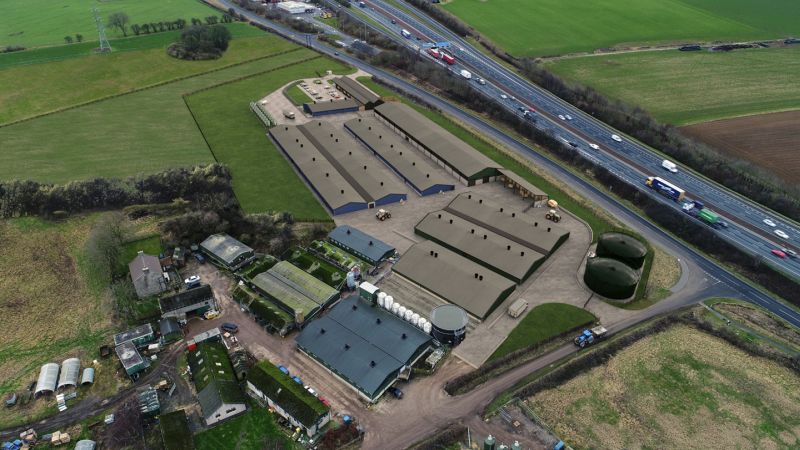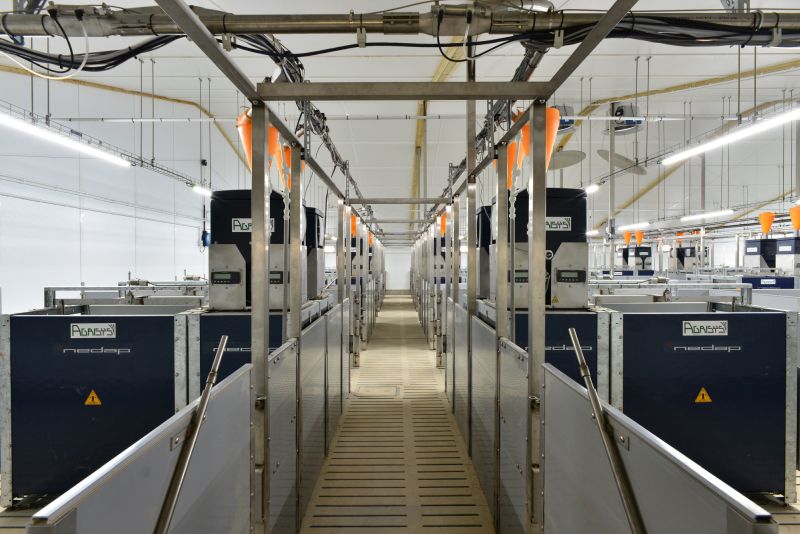
A new £11m facility has opened in Yorkshire which will enable researchers to study ways to make the British pig industry more sustainable and productive.
Scientists at the University of Leeds National Pig Centre will use new state-of-the-art technologies to improve sustainability and efficiency of producers.
Supported by more than £11 million investment, the centre is set to make Yorkshire one of the best places in Europe for pig research.
It will mainly research pig nutrition, behaviour, health and production system research – all themes identified by the livestock industry as central to improving future competitiveness.
Professor Lisa Collins, lead for the PigSustain project at the university, said: “This new centre allows us to expand our work to improve the welfare of pigs, and the sustainability of the British pig industry.
“Our aim is to lower the environmental footprint of pig farming whilst ensuring that high welfare standards are maintained.”
The new centre will benefit from expertise drawn from a range of disciplines including nutrition, health, behaviour and fertility, as well as computer vision, engineering, soil and water sciences, data analytics, and climate science.
It has been launched in partnership with Centre for Innovation Excellence in Livestock (CIEL), which has invested £4.5 million with funding from Innovate UK.
The investment includes a three-fold increase in the previous capacity of the farm, from 200 to 660 sows, ensuring the research carried out better represents commercial pig farming. Of these, 220 will live outdoors.
The combination of an outdoor sow unit with an indoor system is unique in Europe, enabling direct comparison of the different rearing systems.

Academics will work to identify the key factors contributing to pig farming’s environmental footprint, and attempt to find alternatives that could drive down the sector’s greenhouse gas emissions.
Their findings will help the UK achieve the NFU target of reaching net zero greenhouse gas emissions across the whole of agriculture in England and Wales by 2040.
The centre’s indoor facility includes the ability to perform in-depth, automated nutrition trials to understand how best to feed and manage pigs at all stages of production.
By harnessing precision nutrition, based on individual requirements, the aim is to reduce the cost of production, improve feed efficiency and reduce the environment impact of pig farming.
Researchers will also be able to make feed recommendations which keep pace with ongoing genetic improvements to pigs.
The indoor facility is equipped with CCTV throughout, permitting round the clock observations of individual pig’s behaviour at all stages of production.
Researchers will utilise computer vision to automate data collection from the video footage, so behaviour and nutrition can be monitored at the individual pig level.
